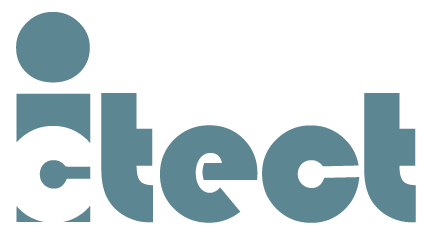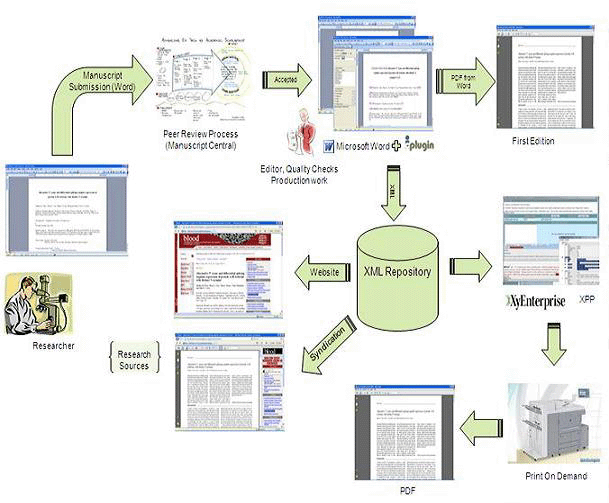

STM Publisher offers improved customer experience and reduces turnaround time with Intelligent Content Technology
ScholarOne
external linkSize
10,000+ employeesIndustry
PublishingLocation
United States/VirginiaWhen ScholarOne a provider of Web-based workflow solutions to scholarly societies, sought to improve customer experience and reduce turnaround time, it selected Intelligent Content Technology. A pilot project with one of its customers revealed that it was possible to improve the customer experience and reduce turn-around time, at the same time.One of the primary key success factors–the Intelligent Content Technology.

Intelligent Content Architecture for Journal Publishing
Business Situation
ScholarOne provides web-based submission and peer review workflow solutions for scholarly publishers of journals, meeting abstracts, and conference proceedings. Researchers around the world use ScholarOne web-based system for submission of their manuscripts for publication in various scholarly journals. The prestigious journals have their professional publication guidelines and requirements. ScholarOne offers information solutions to its customers in every stage of the process.
While the time from acceptance to publishing is usually several weeks to months, ScholarOne publishes a First Edition of the accepted articles for online access only. Researchers and Journal Publishers expected the First Edition to be published within a short period of time from acceptance, and follow professional publication styles as much as possible. At the same time, authors needed improved experience in collaborating on documents during the publication process.
Solution
After extensive research, ScholarOne sought to use XML to meet both its objectives – the publishing of First Edition and to improve the customer experience. While the use of XML in publishing processes is common, it is often used toward the end of the process when the content is finalized. Using XML for process improvement wasn’t easy, and ScholarOne decided to commence a Pilot project with one of its customers.
In the Pilot project, ScholarOne sought to automate the identification of metadata from the submitted manuscript. Correct identification of metadata could reduce the submission process from filling out seven-pages of information to simply confirming that the system identified metadata was correct (or correcting it if it wasn’t correct).Secondly, ScholarOne looked for a technology that could identify where the manuscript deviated from the publisher’s guidelines.
They found both the features in the Intelligent Content Plug-In product. Intelligent Content Plug-In could automate the analysis of submitted documents, and add XML markup based on an XML Schema developed for the journal. During XML markup, the Intelligent Content Plug-In also identifies parts of the document that deviate from the journal styles. After extensive analysis, ScholarOne selected the Intelligent Content Plug-In for the pilot project. The project team developed an XML Schema and configured icPlugIn for automated analysis of submitted manuscripts.
Benefits
ScholarOne reported improved communication with customers, and reduced turnaround time for publishing of the First Edition.
About this Case Study
Copyright © 2008 ictect,inc. All rights reserved. icPlugIn, “Intelligent Content Plug-In”, “the intelligent content company”, and “intelligent content architecture” are trademarks or registered trademarks of ictect, inc. All other product and/or company names mentioned herein may be trademarks of their respective holders. ictect, inc. does not endorse any of the products or technologies referred in the case study, except for Intelligent Content Plug-In. The customer organization does not endorse any technologies referred in this case study. This case study is for informational purposes only. ictect, inc. makes no warranties, express or implied, in this case study. Please contact info@ictect.com regarding any questions about this case study.
Publication History
First Publication: September 2008

